| | | |
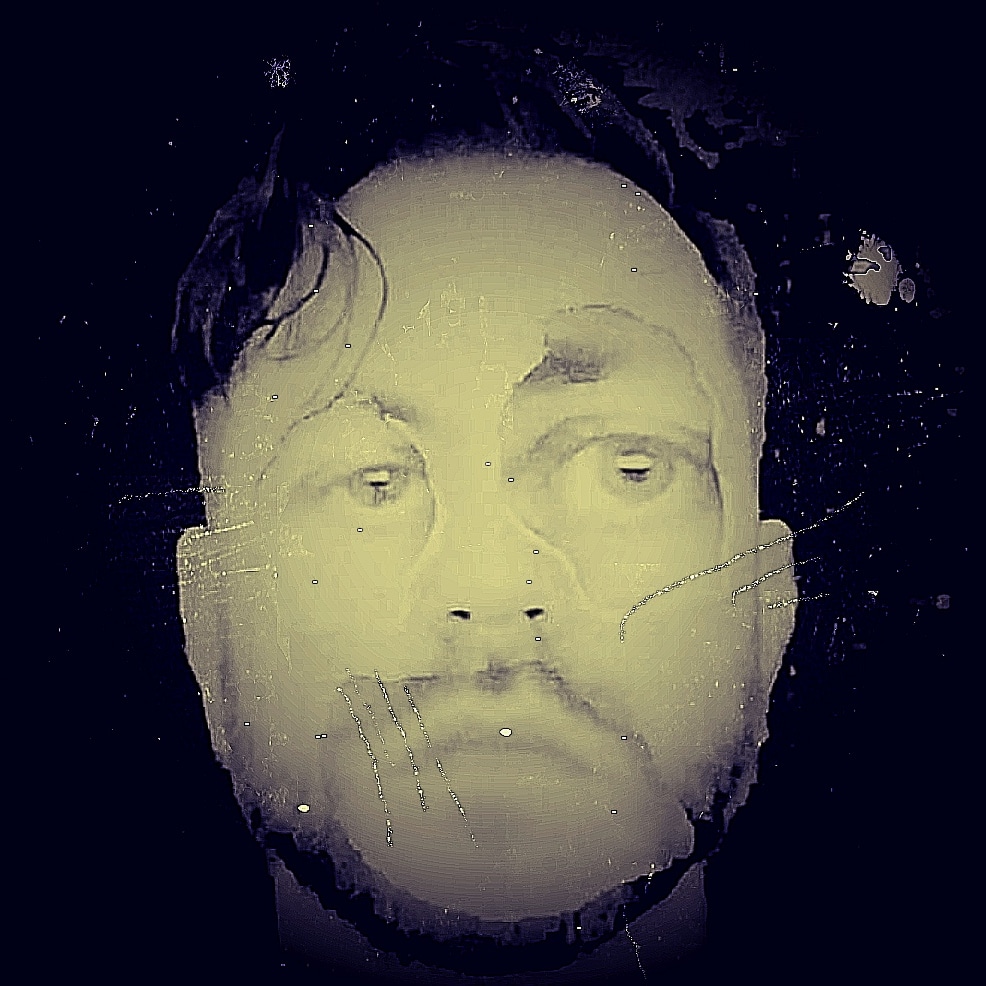
Ben Elliot
|
12/3/2018 3:34:10 PM
How does everyone go about recording their music?
Having listened to lots of great and diverse music here, I was wondering how people go about recording it. Do you do it yourself? If so, what's your set up? Do you get it professionally done or in friends home studio? What's important to you in your recordings? A natural feel, or highly produced? Both maybe. I could go on with questions but hopefully you get the gist...
I ask because I've got much more serious about the production in the last year or so, and although I'm happy with my results, I have quite a structured and inflexible way of doing things that I sometimes think hinders the recording process. So if anyone has any tips or suggestions about my stuff then feel free to throw it into the mix (pun intended)
|

|
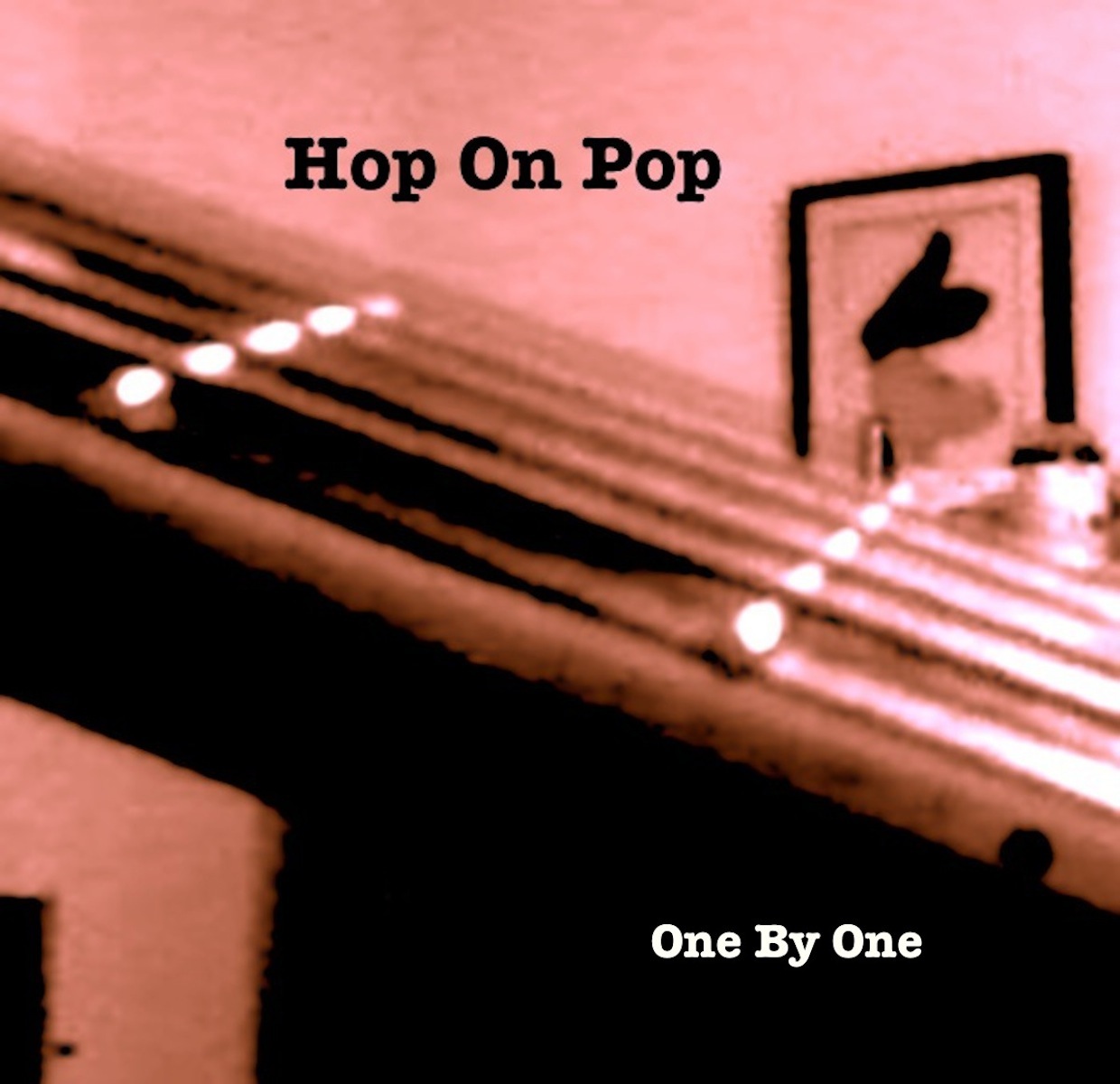
Hop On Pop
|
12/3/2018 4:25:45 PM
I generally record in a friend's home studio. Although those friends tend to be professional engineers, so we have the benefit of having some pretty top-line gear to work with. And usually a pretty good space, too.
As to the feel of the recordings:
It really depends upon the song. If you know anything about me and my music (and I don't really expect you to), you'll know that I treat each song individually; approaching it as I feel that specific song needs to be approached.
For the full-band stuff, though, we usually start by doing the basic tracks live, as a band. I find we get the best feel that way. I'll play along and sing a scratch vocal live, and then wipe it out when I overdub the "real" vocals.
But there are some songs that are just me. I'll start those with a rhythm track--either a click or a drum machine--and layer on top of that. Solos last. Vocals next-to-last.
|

|
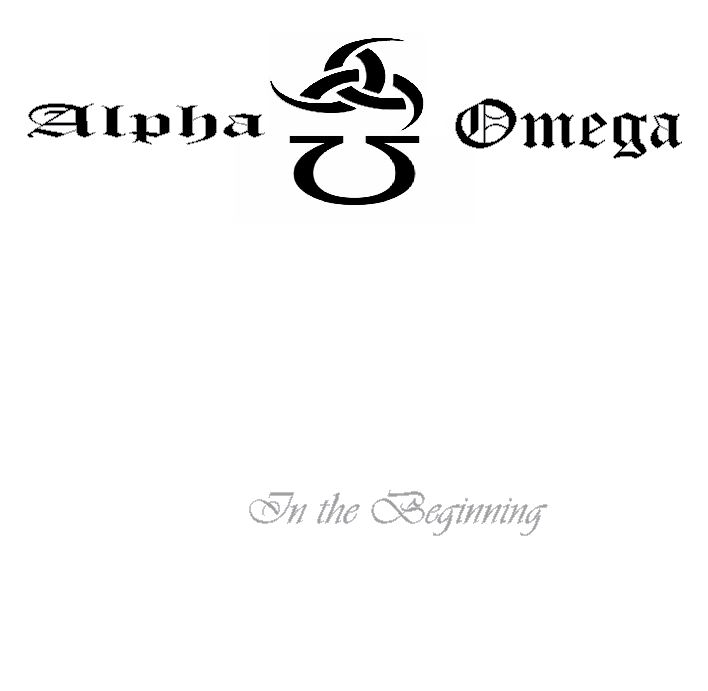
Alpha Omega
|
12/3/2018 4:42:06 PM
When it comes to creation who is to say your way is the right or wrong way? When at the end if your creation makes you pleased then it is good. Recording has come a long way from back in the days of recording on tape but some elite might argue that digital can never capture the warmth of tape so there are endless possibles aren't there?
Small interfaces such as pre-sonus 2 tracks are a cheap easy way to enter into the realm of direct recording into a DAW such as pro tools or whatever DAW you prefer. These options are only for solo artist those that require more tracks at once will have to forge into and bigger interface that can record 8-16-24 tracks at once. Then there are other further complications such as recording each instrument in isolation to avoid cross talk on your original tracks and headphone line amps so each member has a headphone mix etc.
A two track USB pre-sonus interface new is cheap and records respectably well with little to no latency. DAW are fairly expensive but depending on your needs you can venture into that for free if you don't need super fidelity with programs such as Reaper. On the more expensive side there is Ableton live, Logic, Pro-tools etc.
As for this creator. The creations are recorder as RAW waves no effects into a TASCAM 32 track. This recorder can record at 16 or 24 bit and record up to 8 tracks at once with 16 individual meters (some shared) for playback. Once all the RAW waveforms are created then they are imported into pro-tools for mixing/mastering.
Plug in effects are used for desired enhancements such as EQ, Compression, chorus\delay etc on each channel and run to a master Chanel that uses Maxim (radio pop filter setting) and 16 bit Dither.
When it comes to recording your recording will only ever be as good as its source so make sure all your signals are clean with no noise interference in the original tracks. It is preferable in my opinion to record clean with no effects because once a track is recorded with effects then that effect can't be removed. There are some cases where you might want to record a particular guitar effect but most effects can be duplicated with plug-ins later. The downfall of that is the original recording might sound a bit naked and that can bother some people.
If you know what sound you want to achieve and know what plug ins are available then you can manipulate your raw wave sound to be anything you desire with chorus, delay, flange, distortion etc. Always watch for internal harmonic distortion as this can't be removed. In other words don't clip your signal by tracking too hot.
As far as mixing\mastering goes you can spend a lot of money on high powered industry plug-ins one plug-ins. Depending on quality might cost several hundred dollars. So the limitation becomes your budget your time and your ability not what is possible.
Its not that difficult to produce high quality recording at home but it does require patience time and a good ear for it. A studio does have some advantages such as they will likely have better quality mics such as nueman and senhieser that are likely out of reach of the average Indy artist.
That said at a minimum of 35 dollars an hour for recording at a studio if you save up you can get one or two high quality mics (which is all you really need) unless your recording a full acoustic drum set.
Alpha Omega
|

|

Ben Elliot
|
12/3/2018 5:23:02 PM
Wow alpha, that's some detailed stuff. You should think about sending your post off to some production/home studio blogs or magazines as it's really valuable information for someone just starting out and well clearly put.
Your first sentence is exactly why I posted the questions as although I see that my way is the right way for me, it's not to say I can't learn from others experiences and experiment with other methods.
Drawing on another point, that the sound at the source is key. I totally agree and would take it further in saying it's not just how you capture the sound, it's the quality of the instrument and the performer. I've shied away from recording too much acoustic guitar recently as mine is getting old and struggles to hold tuning when using the whole length of the fret board. Sadly I'm not in a position to get a new one that would be up to scratch, so I've deliberately orchestrated my songs differently. Furthermore, I do a lot of writing whilst recording, which allows me to come up with and capture lots of ideas but I'm rarely happy with the performance as I have tended to come up with something and have only played it a handful of times before I record it. Although technology is very good nowersays at being able to correct or mask these kind of issues, it's no substitute.
|

|
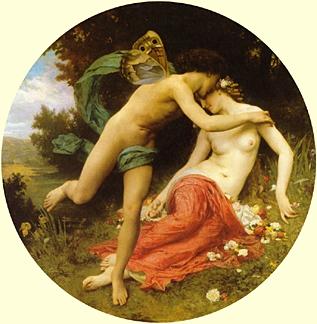
Psyche's Muse
|
12/3/2018 5:36:00 PM
Well, you are most likely not wanting advice from any "plug-and-play" artist like unto myself, but for me "reality" is the most important part of any "music". We have NEVER used any of that "fancy-smancy" stuff/equipment. And I am certain this becomes very obvious unto any who's dared to listen to our stuff. It was "ALL" about the "Joy" of creation. We had fun! ..."orgasmic" even(... at times)! Everything done at home in the "Red Room"(did it once or twice in a barn too... at Mr. X's place). Wow! This sure is gettin' outta hand in a hurry, huh! Hahaha! "F U..."
..."N"
(th' "N" word?)"IN"!!!
...All "IN"...
..." FUN "!!!
-M-
|

|

Ben Elliot
|
12/3/2018 5:40:58 PM
I think that's the best way to go with it. Some of my favourite music has been recorded with just a mic and a person playing live. In a lot of ways you get so much more real raw emotion doing it that way than the sterility of modern recording.
|

|

Ben Elliot
|
12/3/2018 5:43:29 PM
Hop, the sound you've got with your acoustic guitar on a couple of your songs is immense. I'd love to find out more about how you recorded it.
|

|

Alpha Omega
|
12/3/2018 6:06:06 PM
---- Updated 12/3/2018 6:12:54 PM
Thank you Ben. I'm glad you found the information insightful. Feel free to share any part of what was said to anyone.
I do have a couple of points from your response. you said:
"I see that my way is the right way for me, it's not to say I can't learn from others experiences and experiment with other methods."
What I say to this point is DO experiment because there have been times where I thought was a good method only to discover a revelation which entirely changed my perspective. Such as I used to just do a "by ear" mix each track and no master track just mix down to two channel left\right. As you can imagine those results were less than stellar. Then I discovered the use of master channel which dramatically improved the overall sound. Then I discovered that not only having master channel but learning what proper master channel plug-ins was a game changer.
Once I discovered the right plug-in's for master channel and learned to mix by meter rather than by what I thought I heard again the results improved. I still have much to learn but with each new discovery become more refined. Have you heard our track "Out for Blood. I'd be interested to hear you opinion on that but lets not get side tracked with that.
You said
"on another point, that the sound at the source is key. I totally agree and would take it further in saying it's not just how you capture the sound, it's the quality of the instrument and the performer"
Well yes of course your not going to get great quality playing a cheap instrument but you can make decent recordings without a lot of money. For example if you like the Less Paul sound which is a matter of opinion then you can get a reasonably priced Epiphone Less Paul for about 250.00
Now that is a can of worms there are multiple varieties of Less Paul and each have their own characteristics. Some will debate that you can't compare a Gibson Less Paul to an Epiphone of the same model and well you can't per say. But for the average artist and listener there are good quality instruments that don't cost a lot of money.
For example to your point of your acoustic guitar I personally own a Yamaha acoustic guitar that is the entry level and it was 120.00 brand new and its sounds quite good. Is it a Taylor or a Martin well no it isn't. I also have a Breedlove acoustic 12 string that I almost fell down when I heard it that I found used for 400.00
As far as the performer goes there is no room or excuse for sloppy playing. Rehearse and then rehearse some more. There may be some with natural abilities that don't need as much rehearsal but for the rest of us play it until you can play it with your eyes closed then play it some more. If your not willing to put the time into creating the parts to the best of your ability why would you think anyone else would put effort into listening to it?
You said"
"I do a lot of writing whilst recording, which allows me to come up with and capture lots of ideas but I'm rarely happy with the performance as I have tended to come up with something and have only played it a handful of times before I record it. Although technology is very good nowersays at being able to correct or mask these kind of issues, it's no substitute."
Recording for the purpose of capturing ideas is a great thing, I can't tell you how many creations were lost because they did not get recorded. Now these such things are for your personal use or if you want to share a rough draft with a musical friend to get ideas that is all well and good.
When preparing for a presentation that is for public view that is a little different story. The public is fickle so my recommendation is to only put that which you feel is strong and can stand the public eye. If you can't tell then I suggest you ask some friends than are not afraid to tell you the truth such friends are worth more than gold.
Alpha Omega
|

|

Hop On Pop
|
12/3/2018 6:06:27 PM
Ben: Which songs do you like the acoustic sounds on?
I've used a couple of different acoustics to record with.
|

|

Alpha Omega
|
12/3/2018 6:23:17 PM
---- Updated 12/3/2018 6:24:09 PM
Oh Psyche's Muse.... take heart... see my first sentence...
"When it comes to creation who is to say your way is the right or wrong way? When at the end if your creation makes you pleased then it is good. Recording has come a long way from back in the days of recording on tape but some elite might argue that digital can never capture the warmth of tape so there are endless possibles aren't there?"
I happen to find your creations quite good. I never said my way was the right way or the only way but simply offered one possible way.
In my personal opinion I think Ben, Todd and Mortimer are all good artist's who's creations delight the ear. My answer was in deference to Ben who asked about the recording process. That process can take many wonderful forms.
Like the ebb and flow of the endless tide where day becomes night and night becomes day. We are all one in creation.
Alpha Omega
|

|

Richard Scotti
|
12/3/2018 8:08:34 PM
---- Updated 12/3/2018 9:59:23 PM
One of the questions Ben asked: "What's important to you in your recordings? A natural feel, or highly produced?
I think a well produced song can still sound "natural". It's not the number of tracks or instruments that creates the overall sound - it's the way they are used and how they are mixed. What's important to me are the basics: Vocals need to marry the emotion of the music with the meaning and intent of the lyrics. All the instruments need to be in tune with themselves and with each other.
The drum beat has to be the right tempo for the song and convey the physicality that literally moves the listener. I like the bass guitar to be strong and supportive but not boomy or overbearing. I try not to let any instrument obscure a word or words in a vocal. Drum fills or guitar fills should be in between words, not on top of them.
I also love vocal harmonies and background harmonies. They really add so much beauty to the sonic landscape.
I agree with all that has been said in terms of there being no right or wrong way to record. This is just my personal way of doing things. All of the different ways of recording expressed by my talented colleagues here are amazing and very original. I'm proud to be amongst such creative kindred spirits.
|

|

Psyche's Muse
|
12/4/2018 2:36:08 AM
---- Updated 12/4/2018 2:51:54 AM
check this guy out:
https://www.facebook.com/Youfindmusic/videos/1601904813242407/
|

|

Ben Elliot
|
12/4/2018 6:33:18 AM
Hop, it was particularly the first track on your page. Unless you've uploaded anything recently and then it'll be the second one. Sorry I can't remember the name of it
|

|

Hop On Pop
|
12/4/2018 7:41:05 AM
The first song on my page is "We Made It to the Middle."
And it starts with some arpeggiated acoustic guitar. The acoustic you hear there is my 1993 Epiphone EO single-cutaway. Just recorded it with a single mic in front of the sound hole.
It's not an expensive guitar, but it records pretty nicely.
But, if you are focusing on that intro, there is also a clean Telecaster thrown into the mix there... so there are 2 guitars, both arpeggiating the same chord (G shape, capoed at the 3rd fret--a Bb major), in different, but similar and overlapping patterns. So that Tele might be throwing you?
|

|

Alpha Omega
|
12/4/2018 10:43:37 AM
Thank you for that interesting piece of information Todd regarding recording acoustic and electric at the same arpeggio piece. That is a very useful tip. I also tend to record and combine guitars to get a fuller sound its a great technique. One thing that some people might not think to try in the pro tools realm is to apply different EQ setting that you might not think about doing naturally.
Such as with electric guitar one would think to use Electric guitar "filters". Most times that is the way to go but occasionally it can be fun to experiment with using acoustic EQ filters on an electric guitar track or even use a EQ setting for violin or other strings on guitar track that can make things very different but enough about all that technical stuff.
There are other methods to capture acoustic guitar besides direct mic but I will say this is often used and most natural but does have some challenges.
Other methods include sound hole pickups which tend to record more of an electric acoustic hybrid sound I never found a sound hole pick up that captured the same sound as direct mic technique does. If you are fortunate enough to have an acoustic guitar with built in pick up that can record a very natural sound and avoids the complications of direct mic but on that same token there is a certain "Air" quality that you will never get with a built in pickup that you can with recording acoustic on an overhead condenser.
I am interested to know what type of Mic you used to record the acoustic guitar? Some pin condenser mics can come out a bit harsh and some large diaphragm mics tend to capture everything even the little squeaks when changing chords on acoustic guitar that can be very frustrating.
Alpha Omega
|

|
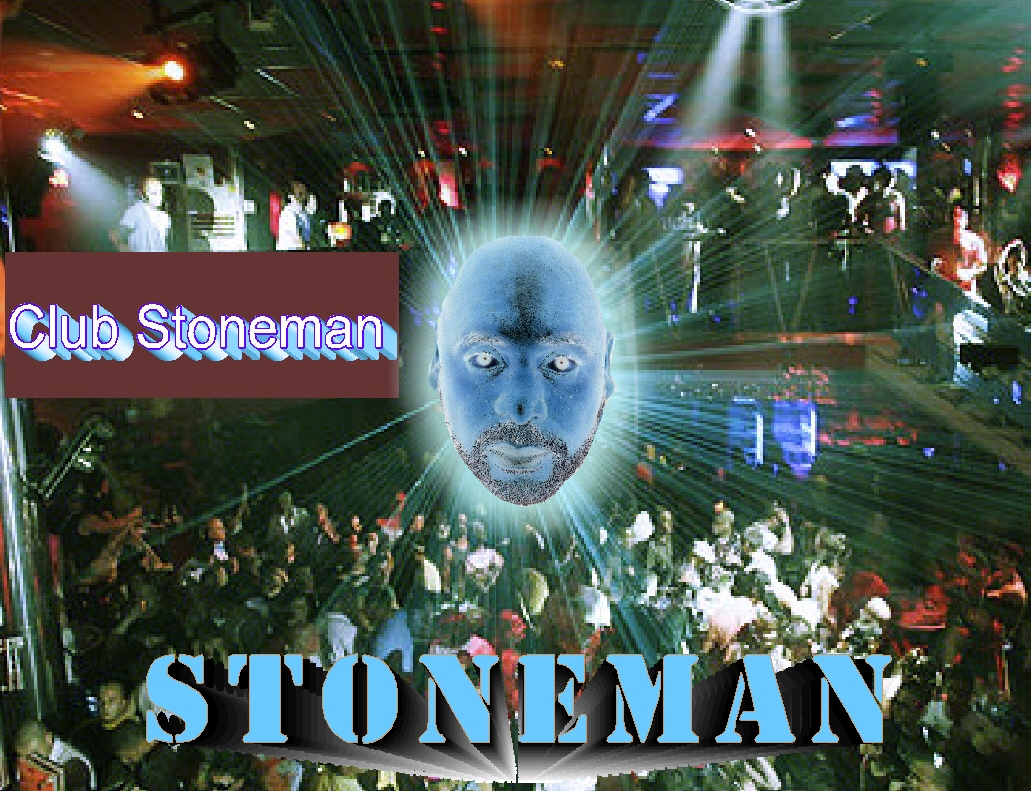
Stoneman
|
12/5/2018 1:27:45 AM
Personally, I stay out of professional recording studios now because they are way too expensive. So, I use my semi-pro studio to do all of my recordings. Usually I start out by creating music tracks on reason and use logic to record vocals while using Reason as a slave. Occasionally I use the same process but use Pro Tools as the slave driver. Although I have lots of analog gear I tend to use mostly digital shit because of ease of use and the excess of tools like plug ins and apps. I have a Mac Pro that runs my situation and a Yamaha digital mixing console. I use a variety of instruments including Bass, lead and rhythm guitars, keys, horns (both trumpet and sax). Then, I like to build vocal background choruses with my own voice multi-tracked to create the illusion of a background singing group. When complete I mix down to stereo tracks and master it all with Izotope mastering software.
|

|
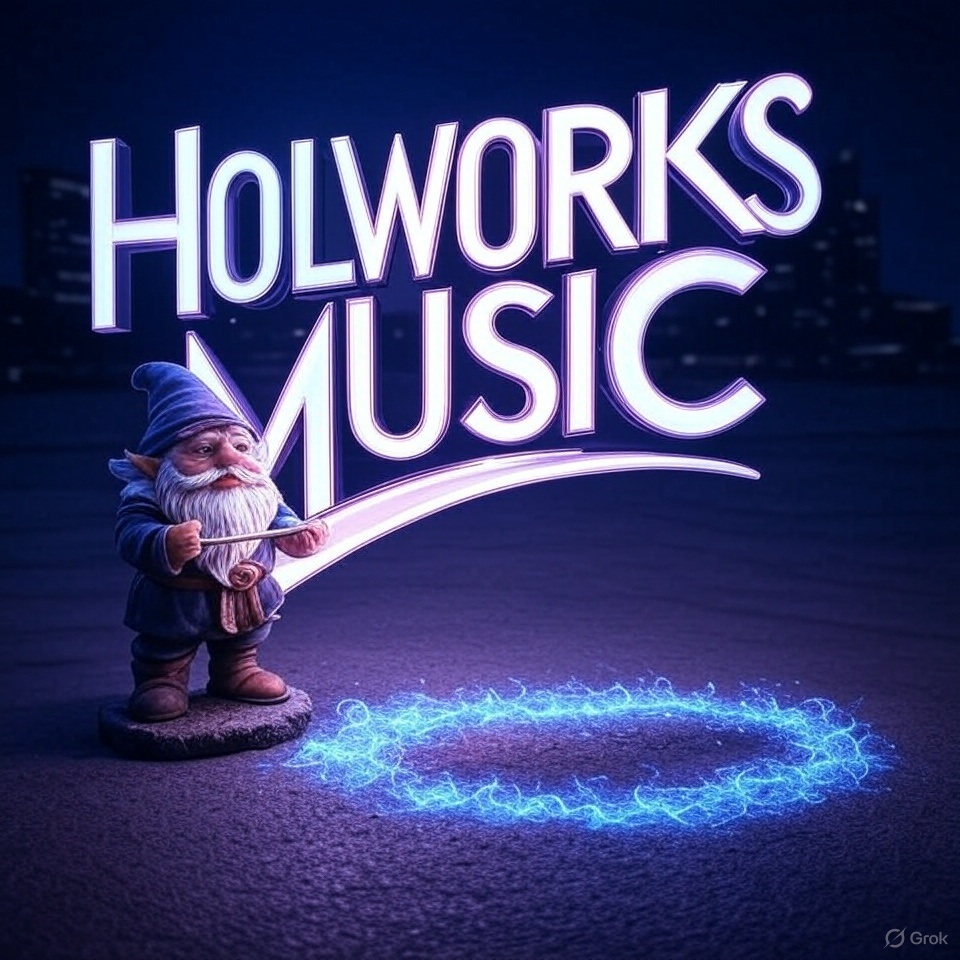
Holworks
|
12/7/2018 6:36:47 PM
Primitive is as primitive does for me, . . .I use a colored pencil Blue Snowball for vocals, a crayon Yamaha keyboard with sequenced music, and Cubase or Pro-Tools to lay down tracks for final mixing. My musical skills, alas, are lacking. Heaven knows what I might do with people around me who are musically fluent. . . heaven knows.
|

|
|
12/8/2018 1:20:04 PM
---- Updated 12/8/2018 1:26:44 PM
The first studio I worked in was for all practical purposes non-functional, then a few thinks were done in some spare bedroom set-up, results were pretty poor. Then I went the pro route, all bells and whistles but cost was prohibitive and final sound wasn't much better than what I had earlier.
Than I ran into this guy, a real guitar wizard and did some work in his basement studio. The equipment was pretty appalling, the cheapest stuff you could buy and the sound reflected that. So I added alot to it, some Avalon tube pre-amp that cost about $2500 (then), some real hot vocal mic that cost about 1500 and a Fender Blues Jr that real lifted the sound to a more than acceptable level. So it was still a very budget friendly studio but what I'm getting at is if you have a strong signal you can get very good sound without mortgaging your house.
And later he upgraded to what was called a "Creation Station" that Sweetwater.com was selling which amounted to pretty much and entire studio inside a PC unit. It ran Cubebase I recall and was pretty much rock solid, ran steady the times I recall using it. The monitors were still cheap but we did this song that I doubt very much any listener could tell came from a $35 and hour studio.
http://indiemusicpeople.com/songs.aspx?SongID=114810&ArtistID=166887
|
|
|
12/8/2018 1:24:32 PM
---- Updated 12/8/2018 1:36:52 PM
Check these out.., Sweetwater has 0% financing plans available, 36 mos on these. Add a good mic & monitors and you're in business.
https://www.sweetwater.com/shop/creation-station/
|
|
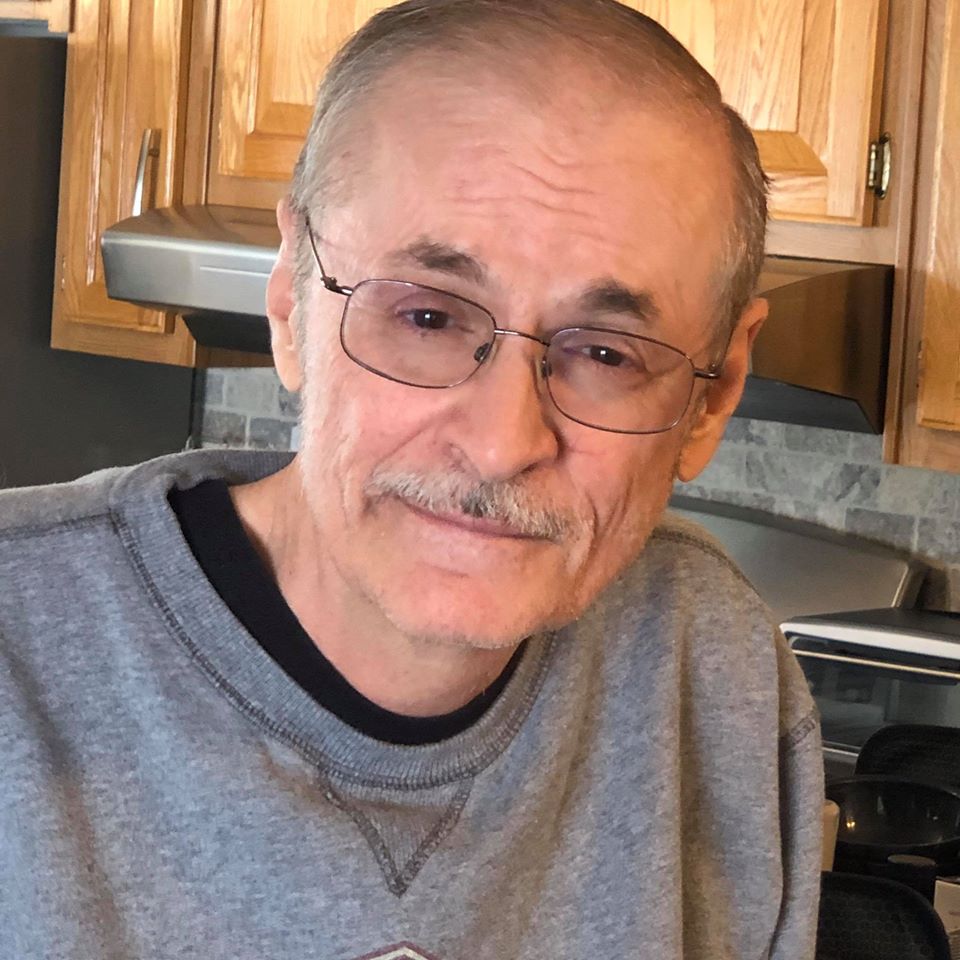
Steve White
|
12/9/2018 7:47:22 AM
I use an iPad Pro for all my recordings. Also use a lot of music apps. My go to recording app is Auria although I also have Cubasis and GarageBand.
If you have any questions, let me know.
Steve
|

|
| |
�2015-16 IndieMusicPeople.com All Rights
Reserved
| |